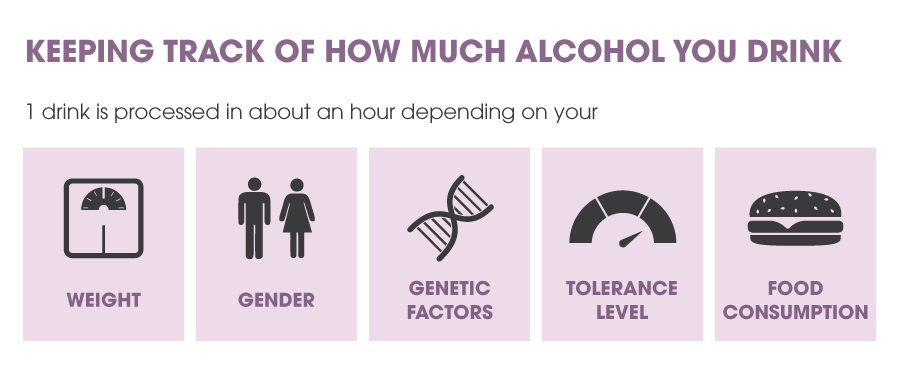Location
Our Washington Location
Our inpatient facility is located in Washington, and will serve Washington state. It will provide a safe & therapeutic environment for both our staff and patients.
- Edmonds
7416 212th St SW,
Edmonds, WA 98026
Drinking can profoundly affect the body and often takes more time to leave it entirely than you may realize. Many employers and alcohol addiction treatment programs will test for alcohol to ensure you are fit for work or maintaining sobriety. As with any substance, evidence of alcohol may be able to be found through different tests for different periods.
Learning how long alcohol stays in the system can help you prepare for alcohol tests and understand the importance of sobriety. Struggling with alcoholism is often lonely and challenging. Finding a professional alcohol addiction treatment center in Washington state can help you start on the road to recovery and ease the worry about future alcohol tests.

Like no two people are alike, how the body processes alcohol differs from person to person. This difference means that your body may be able to rid itself of alcohol within a specific time frame, and another person’s body might take longer to process it.
The amount of food you have eaten can also affect how the body processes fast or slow alcohol. When you drink on an empty stomach, your blood alcohol level will increase more quickly and take longer to drop than if you had a full meal first.
Alcohol is processed through the liver and eliminated from the body through urine and breath. About one-third of it is expelled nearly immediately after consumption, another third over the next few hours, and the last third over several days
The amount of time that alcohol stays in your system depends on many factors, including:

Like no two people are alike, how the body processes alcohol differs from person to person. This difference means that your body may be able to rid itself of alcohol within a specific time frame, and another person’s body might take longer to process it.
The amount of food you have eaten can also affect how the body processes fast or slow alcohol. When you drink on an empty stomach, your blood alcohol level will increase more quickly and take longer to drop than if you had a full meal first.
Alcohol is processed through the liver and eliminated from the body through urine and breath. About one-third of it is expelled nearly immediately after consumption, another third over the next few hours, and the last third over several days.
The amount of time that alcohol stays in your system depends on many factors, including:
When you drink alcohol, it enters your bloodstream and is metabolized by the liver. The speed at which this happens contributes to your blood alcohol content (BAC).
For example, if you drink 12 ounces of beer with 5% alcohol content, your BAC will likely be around 0.095%. If you then have another beer over an hour's time, you will have two drinks with a BAC of 0.11%.
It is essential to monitor your BAC when drinking because it correlates with your impairment. As it increases, so does your blood alcohol content and the likelihood of impairment.
Many people are familiar with BAC in reference to "legal limits" for drunk driving. Police officers measure BAC during traffic stops with a breath test. Your BAC can additionally affect:
When you're drinking, keep in mind how much alcohol is in each drink. The amount of alcohol you consume varies greatly depending on the type and size of your drink.
Standard drinks are typically considered:
Employers, schools, and courts may require evidence that you are not under the influence of alcohol. The most common tests to detect alcohol use are:
A breath test uses a sample of your breath to determine your BAC. This test is the most common for noticing alcohol impairment because it is quick and easy to administer.
A urine sample can detect the presence of alcohol for up to 12 hours after your last drink. This test is not as common as a breathalyzer because it requires access to a bathroom, and it can be more invasive.
Blood tests are rare and can detect alcohol use for up to a full day after consumption. They are more expensive, difficult to administer, and require a needle prick.
Hair tests are not as standard, but they can detect alcohol use for up to three months. This test is more expensive and can be invasive.


If your alcohol consumption is no longer within your control, it may be time to seek help. Northpoint Washington provides a variety of addiction treatment options for alcohol, including:
Alcohol abuse and dependency can have devastating effects on all aspects of your life. Northpoint Washington is here to help you get your life back on track with our evidence-based treatment methods. Contact us today at [Direct] to learn more about how we can help you overcome your addiction.

Our admissions coordinators are here to help you get started with treatment the right way. They'll verify your health insurance, help set up travel arrangements, and make sure your transition into treatment is smooth and hassle-free.
[DirectNumber] Contact Us